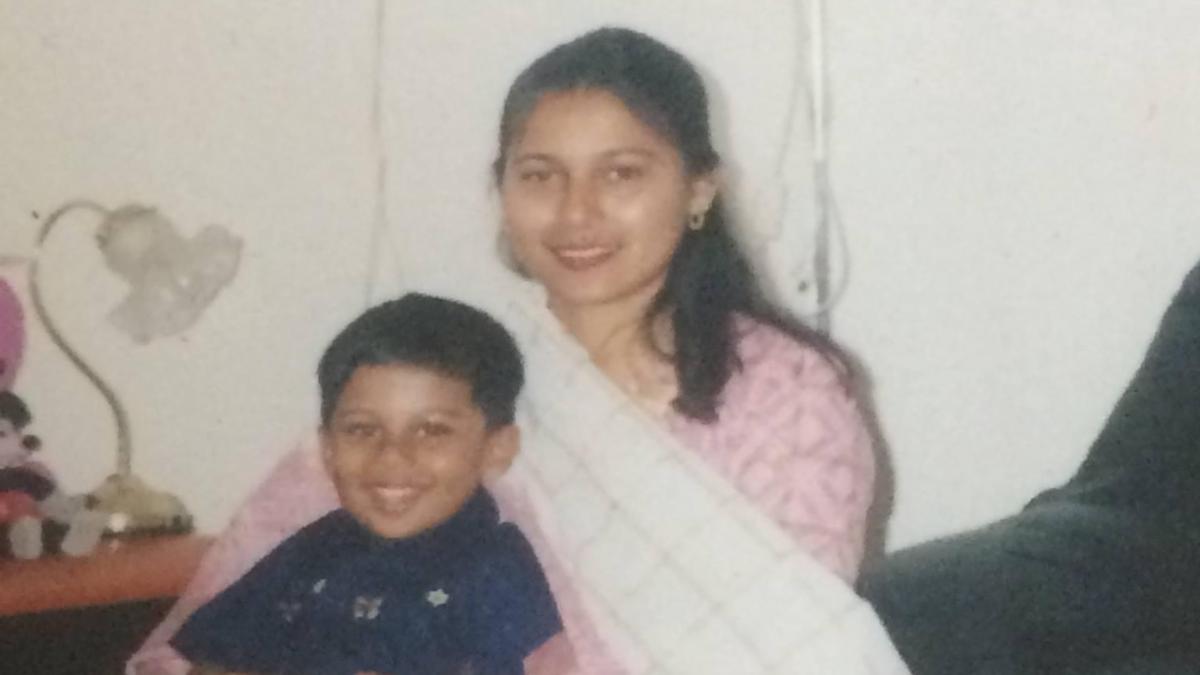
Getting the vaccine during a global pandemic sounds like an obvious course of action from the outside. But with many communities of immigrant families, this comes with a myriad of challenges.
When I first approached my mother to get the vaccine, I received a barrage of questions and hesitations. As we live in South-West Sydney where the majority of the outbreaks were occurring, I thought of this conversation as a natural reaction to our dire situation. What I predicted to be a swift, five-minute chat turned into a three-hour lecture on trust, indecision, and misinformation.
Initially, I was frustrated beyond belief but eventually, I put myself in the shoes of my parents and realised that this hesitation stems deeper.
My parents migrated to Sydney, Australia in 2002 from Dhaka, Bangladesh. They were educated and brought up in South-East Asia, before following the journey of many immigrants, establishing their lives in a foreign country that offered greater safety and opportunity for themselves and their children.

It’s common for them to source information from social media and family group chats. To some multicultural communities, trust often equates to familiarity. Instead of relying on a government website for accurate information, it’s often easier to ask a family member, which is both convenient and feels ‘safer’.
When I was facing getting my parents vaccinated, I wasn’t just battling the mixed messaging, botched rollout and scaremongering that has defined this rollout. I was also up against WhatsApp group chats with family members across the globe, Facebook messenger groups being spammed with links, and phone calls from misinformed family members without any relevant background in diseases or healthcare.
NSW Health is aware of incorrect public health advice circulating in the community and on social media regarding Greater Sydney restrictions.
Please use trusted and credible sources of information.
Visit: https://t.co/SFi0c4ALHM pic.twitter.com/OJG9Q4OvLZ
— NSW Health (@NSWHealth) July 22, 2021
Right now, however, my mother has had her first dose of the Pfizer vaccine and is waiting for her second. How did it all change? The process was through perseverance and education.
I had to take the role of great debater, remaining calm and collected throughout a frustrating process. My parents have their own life experiences informing how they navigate COVID-19, and as agitating as it could be, I realised that we’ll always have a generational gap that makes conversations on vaccines and diseases difficult.
My solution was to firstly acknowledge the differences that exist. That reduced the initial frustration – both mine and theirs.
The next step was to go through the available government information and explain it to them, thereby eradicating the communication barrier. (As someone who was brought up here while also studying for a career in healthcare, I found this to be my personal responsibility.)
Some sources that aided me particularly in this were community organisation groups that translated hard-to-read government information into culturally specific and accessible infographics.
These were simple reads and allowed me to communicate this information easily. Showing my parents videos that explained vaccinations and the importance of them from credible professionals also helped in reinforcing the importance of vaccines.
My final step, the part that I enjoyed more than anything, was to look at the misinformation from different family groups and YouTube videos that my parents believed were accurate, and rebuking why they weren’t.’
Most of this was some straight-up misinformation around what the vaccines were made from and what side effects they might induce, but there was plenty of fear-mongering as well. I was polite, but firm, and in the end it worked.
It’s a frustrating process that adds an unfair burden on people within migrant communities. But I managed it, and you can, too.
Jahin Tanvir is a 20-year-old policy adviser, speaker, writer, and multicultural youth advocate. He’s also a young media spokesperson trained by the Economic Media Centre, providing media comments on multicultural people’s experiences in Australian communities.
All adult Aussies (yep, even if those of us under 40) are currently able to get the safe and effective AstraZeneca vaccine through a GP. Talk to a doctor to see if it’s right for you.Alternatively, you can triple-check to see if you’re eligible for the Pfizer vaccine here.The best vaccine is the first one you can get, and that’ll be our ticket out of this mess.



